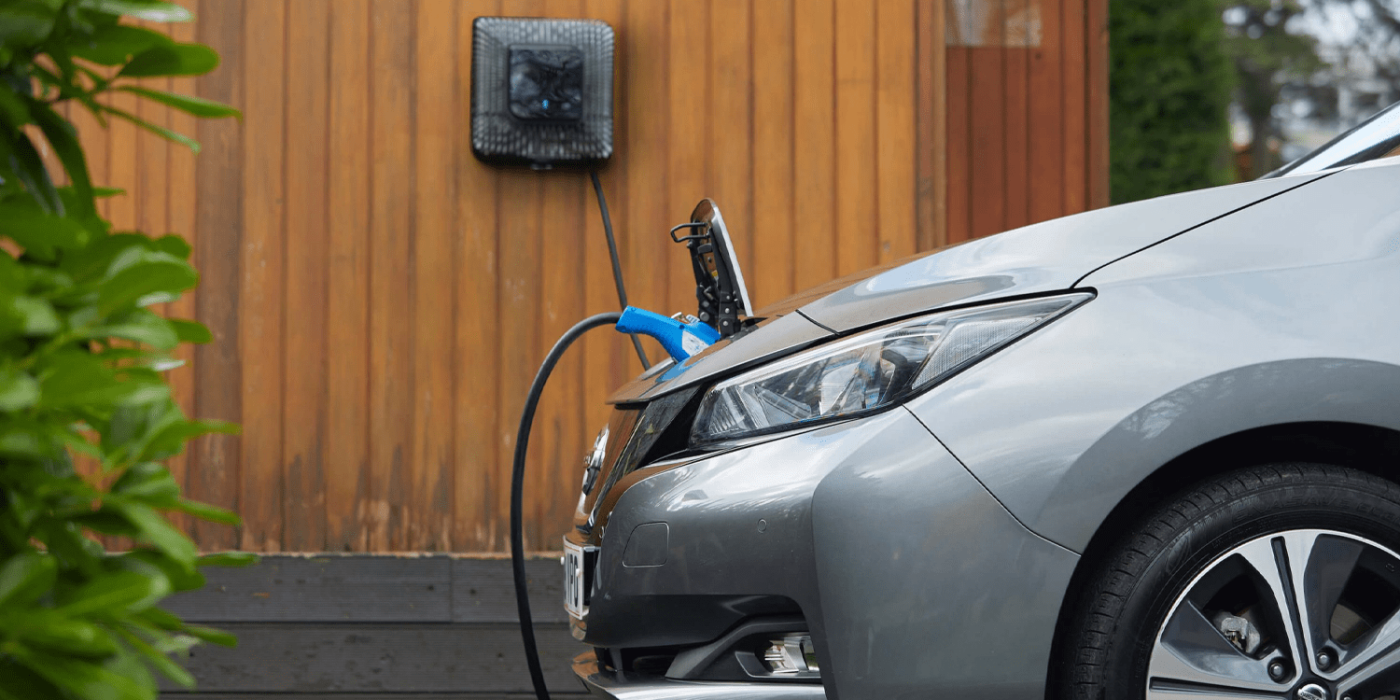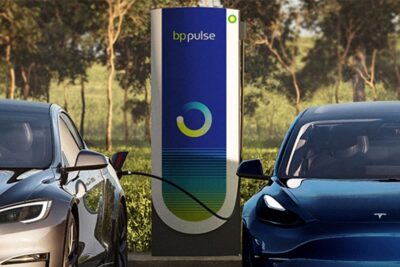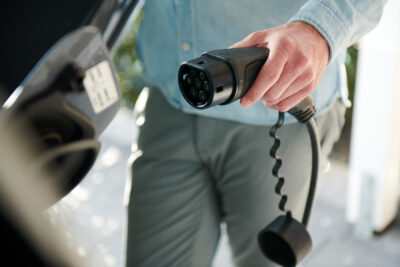Ireland boosts the uptake of EVs with new measures
Ireland’s Department of Transport announced a suite of grants and initiatives to support greater adoption of electric vehicles. These include home charging initiatives, a register for smart chargers, as well as a commercial vehicle program for businesses and organisations to trial electric commercial vehicles.
In total, the Minister for Transport, Eamon Ryan announced four new grant schemes and initiatives. These should reduce transport emissions and are a key part of the government’s overall transport transition strategy. The four new initiatives now announced join a host of other existing measures currently in progress that include destination charging grants for sports clubs, and a greater EV charging infrastructure programe. A draft of Ireland’s first national EV Charging Infrastructure Strategy was published earlier this year and attracted over 14,000 responses from both individuals and organisations. While these are currently being considered in the development of the final Strategy for publication later this year, the Irish government has said that the final Strategy will also include an Implementation Plan that will set out a pathway for delivery of a high quality national EV charging Infrastructure.
Home charging
The four new initiatives now being introduced to support EV adoption inculde a new apartment charging grant which will make it easier for people who live in apartments and multi-unit dwellings to charge an EV. The transport minister also announced an expansion to the home charger grant which will enable any tenants and homeowners to apply for a grant, whether they own an EV or not. This can also be used for visitor use or at rented accommodation.
Smart charging register for manufacturers and installers
From September this year, the above mentioned home charger schemes will only support smart chargers. A further initiative is, therefore, the EV Smart Charger Register. This aims to improve safety, prevent excessive electrical demand and “facilitate better integration with renewable energy sources.” Smart chargers are able to gather privately generated renewable energy and feed these back into the grid, for example. Smart chargers can enable vehicle-to-grid (V2G) technology that allows EVs to charge when energy is abundant and demand is low and to feed it back into the grid when demand is high. Manufacturers and installers can register their products for the EV Smart Charger Register on the Sustainable Energy Authority of Ireland (SEAI) website.
The EV Smart Charger Register is a further step towards grid stability and supply with electric vehicles. This is also to be informed with Ireland’s participation in the EU-funded Flow project that just kicked off earlier this month, whereby Ireland is one of four European countries participating in the project along with Italy, Denmark and Spain. Among other things, the initiative aims to test, validate and improve vehicle-to-X for exchanging energy between vehicles, buildings and the grid to inform wider European application.
Test electric vehicles for commercial vehicle operations
A new trial to promote and encourage the electrification of the commercial fleet was also announced. This gives businesses the opportunity to test an EV free of charge for at least 3 months. This trial is purposed to show the benefits, savings and the suitability and viability of EVs in a commercial setting in the context of real-world, regular business operations.
Filling gaps in lower density areas
The Irish government has said, that “to ensure a fair and equitable transition to large scale zero emission vehicle use, the full range of needs for people and businesses across Ireland must be met. This specifically includes ensuring “a just transition for those in rural, Gaeltacht and Islands area,” which are more remote and less densely populated areas, with potentially greater distances between chargers and journeys that cover greater distances.
Important aspects of the electric vehicle charging networks built is that they must be accessible to people of all needs, including the elderly and people with disabilities. The government does not sound like it is stopping with these initiatives, but will continue to create further measures saying: “As well as infrastructure, a range of policy measures that could increase EV uptake will be considered ensuring, for example, wider access to EVs across society.”
Ireland has already implemented a number of different measures to increase the uptake of vehicles with zero- and low- tailpipe emissions. The government launched EV subsidy programme details for 2022 in October last year and shortly afterwards, announced the target of 1 million electric vehicles on the roads by 2030. Beyond the four new initiatives mentioned above, further parts of this strategy not mentioned here include measures to reduce car journeys, through improved public and active transport networks.





0 Comments